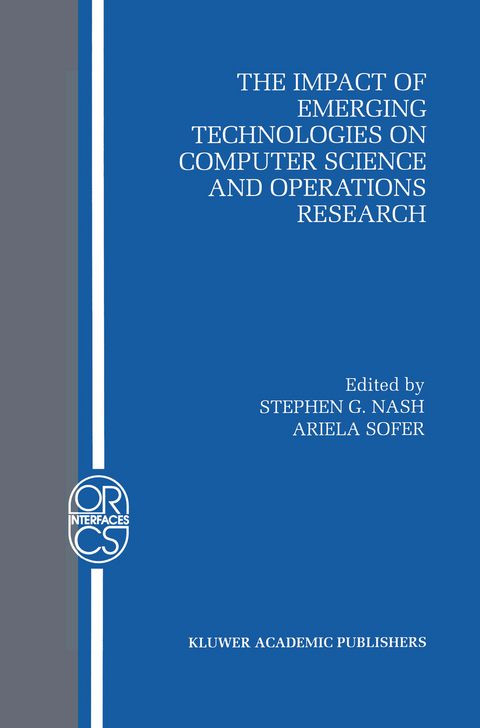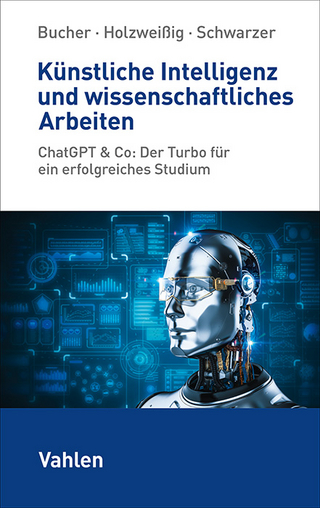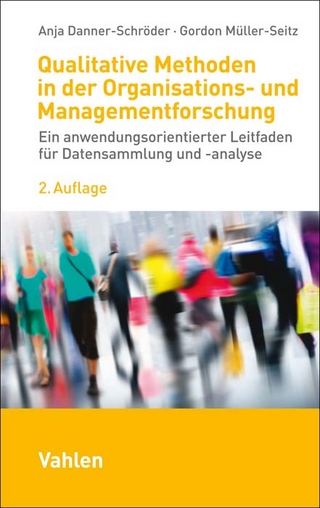
The Impact of Emerging Technologies on Computer Science and Operations Research
Springer (Verlag)
978-0-7923-9542-3 (ISBN)
1 An Upper Bound Suitable for Parallel Vector Processing for the Objective Function in a Class of Stochastic Optimization Problems.- 1 Introduction.- 2 Design of the Upper Bound.- 3 Concluding Remarks.- References.- 2 On Embedded Languages, Meta-Level Reasoning, and Computer-Aided Modeling.- 1 Introduction.- 2 Meta-Level Reasoning.- 3 Reasoning: Inference and Decoding.- 4 Embedded Languages.- 5 Computer-Aided Modeling.- 6 Discussion and Examples.- References.- 3 Mapping Tasks to Processors to Minimize Communication Time in a Multiprocessor System.- 1 Introduction.- 2 Tabu Search for the Mapping Problem.- 3 Robust Parallel Tabu Search Algorithm.- 4 Computational Results.- 5 Conclusions.- References.- 4 Refinements to the So-Called Simple Approximations for the Bulk-Arrival Queues: MX/G/1.- 1 Introduction.- 2 The Model.- 3 Queueing-Time Distributions.- 4 The Tails of the Queueing-Time Distributions.- 5 Special Cases.- 6 Numerical Results.- 7 Conclusions.- Appendix A.- Appendix B.- References.- 5 A Nearly Asynchronous Parallel Lp-Based Algorithm for the Convex Hull Problem in Multidimensional Space.- 1 Introduction.- 2 Previous LP-based Approaches.- 3 Theoretical Aspects of LP-based Approaches.- 4 A General Approach.- 5 The New LP-based Approach.- 6 Parallel Formulation.- 7 Test Problem Generation.- 8 Computational Results.- 9 Concluding Remarks.- References.- 6 A Dynamically Generated Rapid Response Capacity Planning Model for Semiconductor Fabrication Facilities.- 1 Introduction.- 2 A Brief Review Of Producing Micro-Electronic Chips.- 3 The Required Fact Bases.- 4 Steady State Capacity Analysis Model.- 5 Summary.- Appendix A Decision Tiers.- Appendix B Overview of ROSE.- Appendix C First Small Model.- Appendix D Code To Calculate Reachability Matrix.- Appendix E HandlingVariations Between Tools.- Appendix F Transient Solver.- References.- 7 Queueing Analysis in TK Solver (QTK).- 1 Introduction.- 2 TK and QTK.- 3 Selecting and Working with a QTK Model.- 4 Modifying Existing Models.- References.- 8 On-Line Algorithms for a Single Machine Scheduling Problem.- 1 Introduction.- 2 A single machine scheduling problem.- 3 Analysis of FCFS and SAJF.- 4 A general lower bound.- 5 Computational results.- 6 Conclusions.- References.- 9 Modeling Experience Using Multivariate Statistics.- 1 Introduction.- 2 Expectations.- 3 Constructing Expectations.- 4 An Example.- 5 Conclusions.- References.- 10 Optimal Spare Parts Allocation and Industrial Applications.- 1 Introduction.- 2 Model.- 3 SPARE—an implementation.- 4 Industrial Applications.- References.- 11 A C++ Class Library for Mathematical Programming.- 1 Introduction.- 2 A Small Example Model.- 3 Structure and Use of the Class Library.- 4 Algebraic Notation and Sparse Arrays.- 5 Variable Aliasing.- 6 Extensions.- 7 Conclusion.- References.- 12 Integrating Operations Research and Neural Networks for Vehicle Routing.- 1 Introduction.- 2 A parallel insertion heuristic.- 3 The Initialization Phase.- 4 Computational Results.- 5 Concluding Remarks.- References.- 13 Using Artificial Intelligence to Enhance Model Analysis.- 1 Introduction.- 2 Current Analysis Tools.- 3 Insight System Description.- 4 INSIGHT—A Sample Session.- 5 A Sample Problem.- 6 Results.- 7 Research Directions.- References.- 14 Solving Quadratic Assignment Problems Using the Reverse Elimination Method.- 1 Introduction.- 2 Reverse Elimination Method.- 3 Intensification and Diversification—A Clustering Approach.- 4 Computational Results.- 5 Conclusions.- Appendix A Best Found Solutions.- References.- 15 Neural Networks forHeuristic Selection: An Application in Resource-Constrained Project Scheduling.- 1 Introduction.- 2 Description of Problem and Data.- 3 Data Preprocessing and Representation.- 4 Experimental Design and Results.- 5 Conclusion.- References.
| Reihe/Serie | Operations Research /Computer Science Interfaces Series ; 4 |
|---|---|
| Zusatzinfo | XV, 312 p. |
| Verlagsort | Dordrecht |
| Sprache | englisch |
| Maße | 155 x 235 mm |
| Themenwelt | Wirtschaft ► Allgemeines / Lexika |
| Wirtschaft ► Betriebswirtschaft / Management | |
| ISBN-10 | 0-7923-9542-5 / 0792395425 |
| ISBN-13 | 978-0-7923-9542-3 / 9780792395423 |
| Zustand | Neuware |
| Haben Sie eine Frage zum Produkt? |
aus dem Bereich


